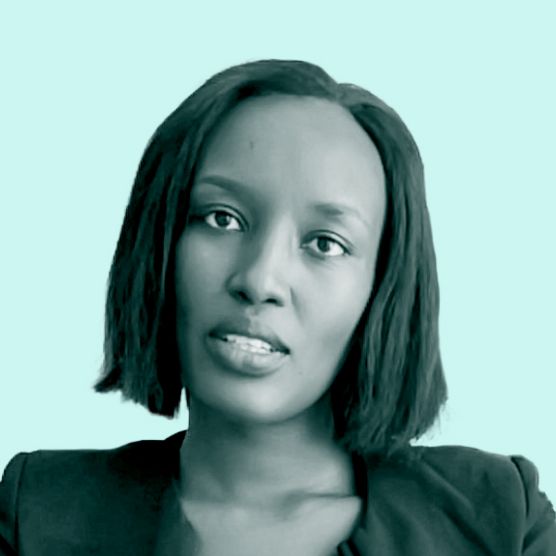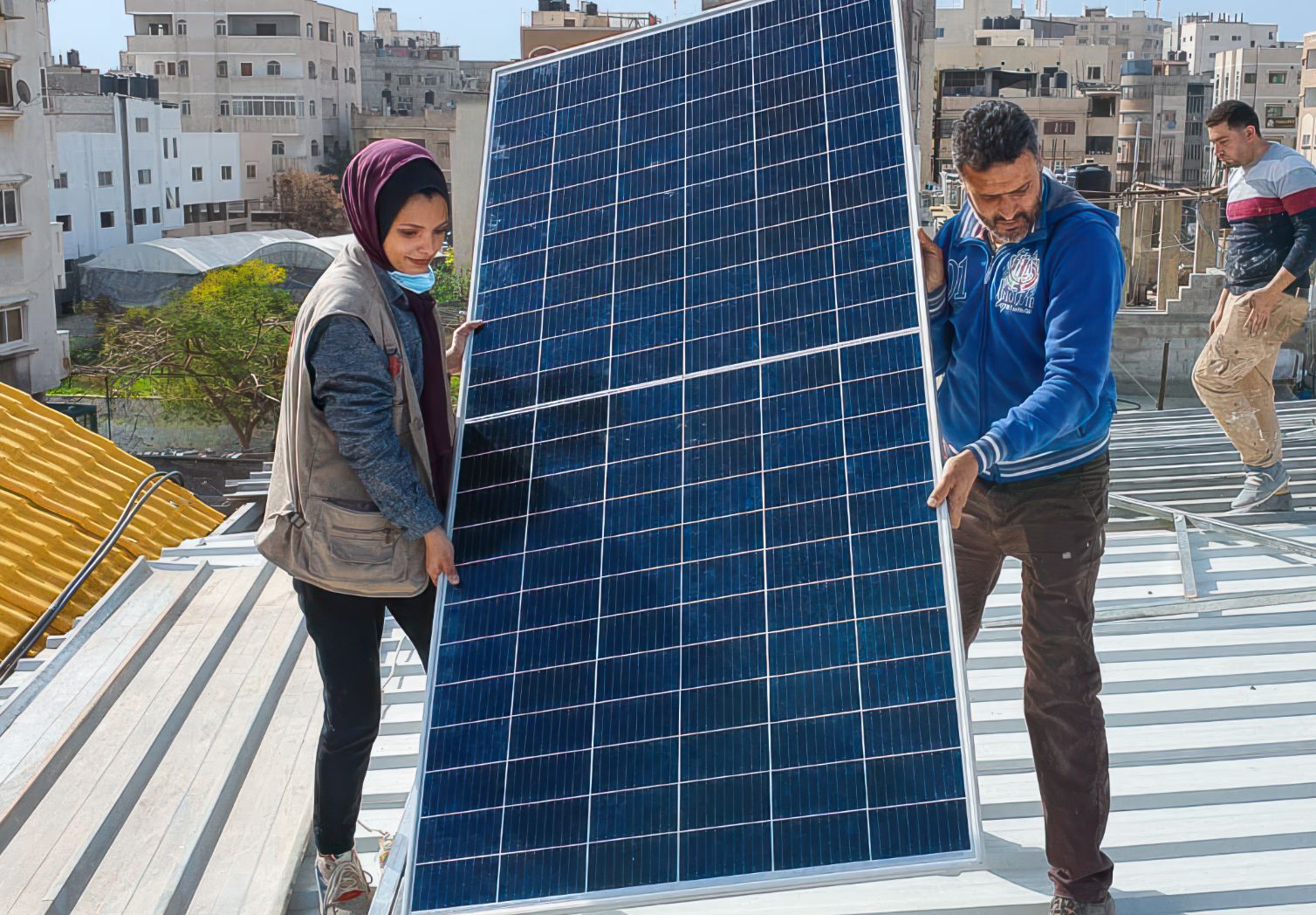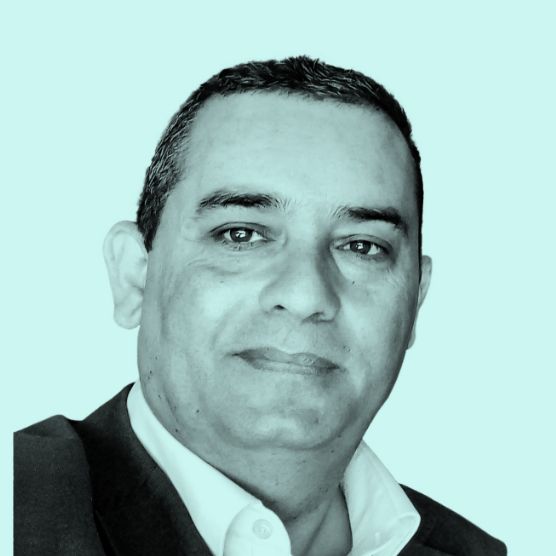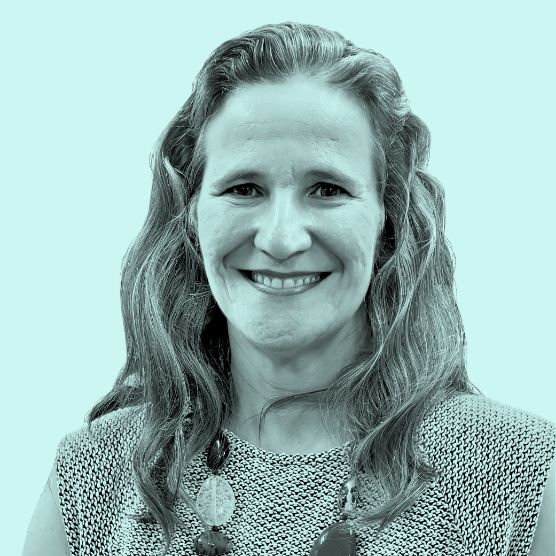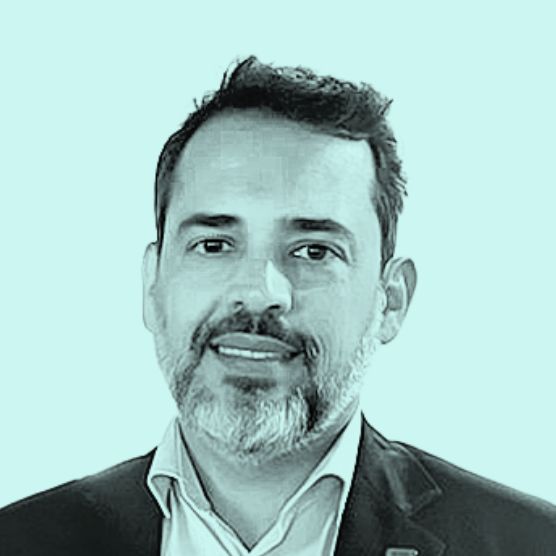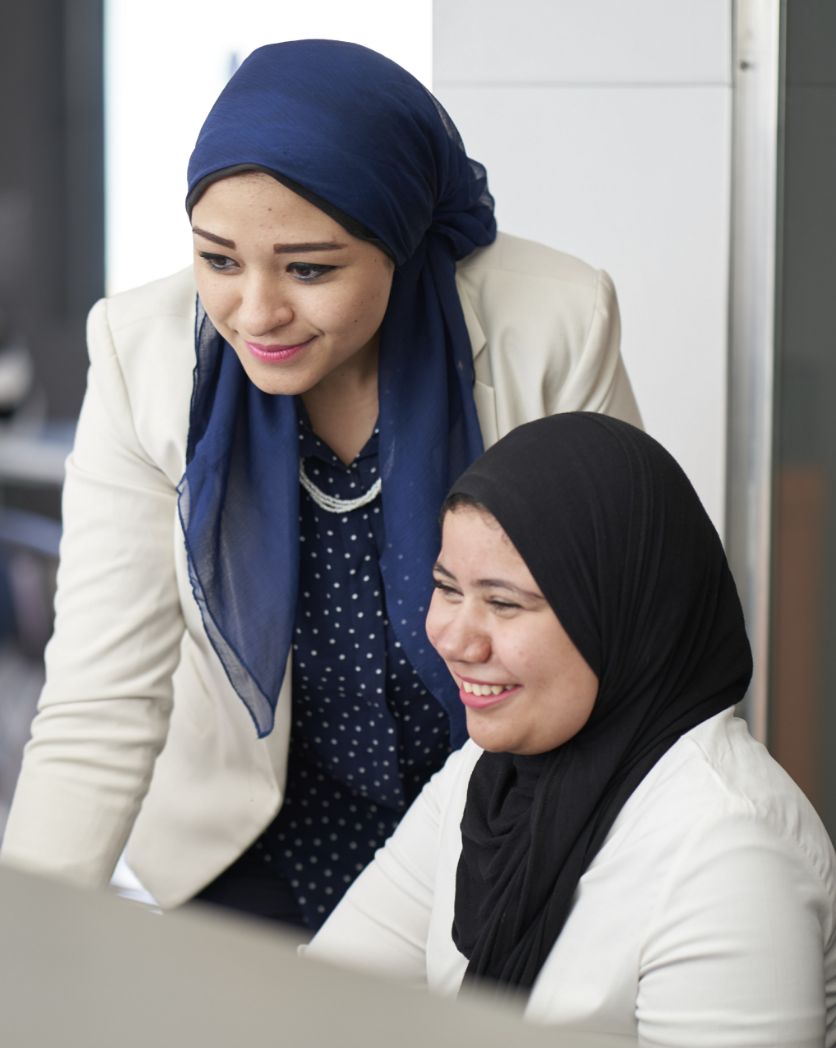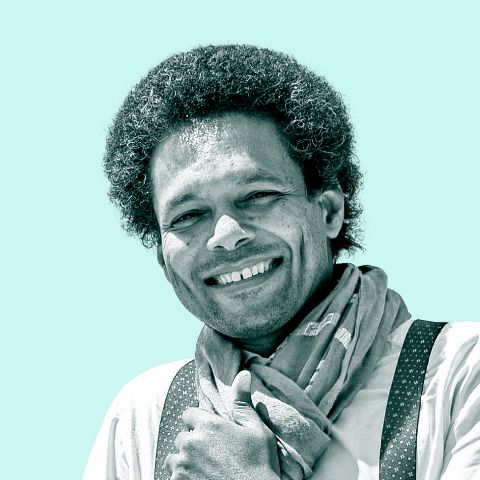As a development organisation with global operations, GIZ works with a range of very different partners. We can only implement our commissions effectively, and bring about our vision of a better life across the world, if we share expertise, pool resources and learn from one another. Global challenges need common solutions, but different situations also require different strategies. We use triangular cooperation, for instance, with partners from our countries of assignment, to pass on our expertise and acquire new knowledge. In another scenario, we are sharing our business start-up expertise in Iraq on behalf of the World Bank. We also cooperate with other EU member states and the institutions in these countries as part of Team Europe, for example, accepting shared responsibility for the most urgent development issues.
One such issue is digitalisation in Africa. As part of a joint BMZ/EU project, the Belgian development agency Enabel and GIZ are implementing measures to digitalise the education and health care sectors in eight African states.
